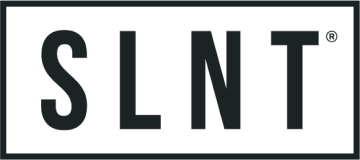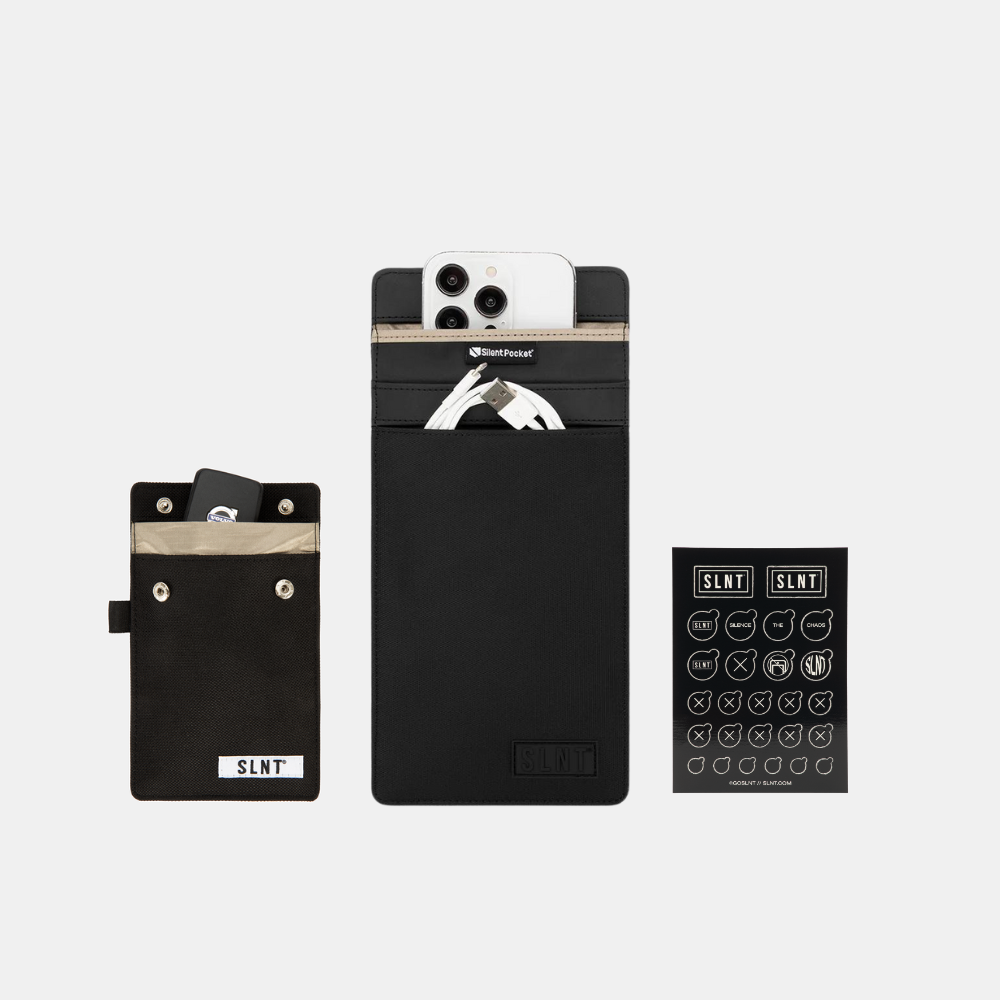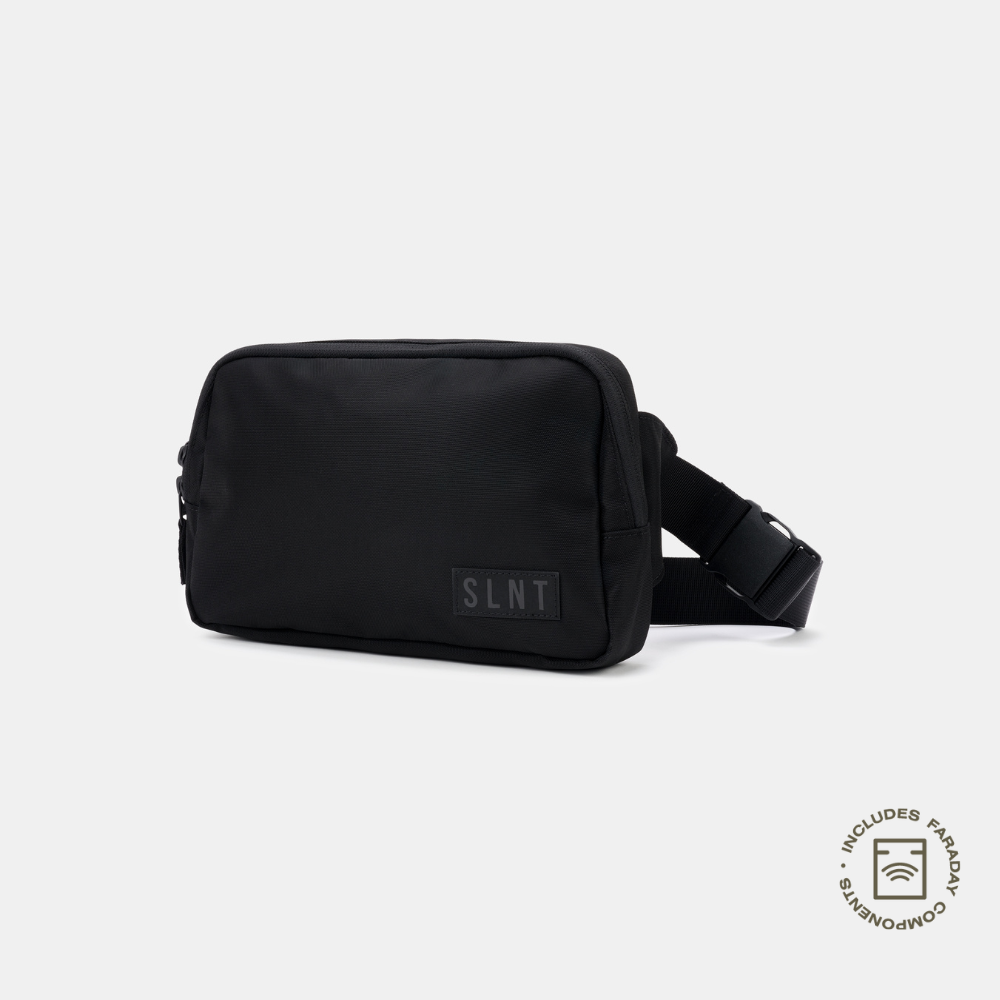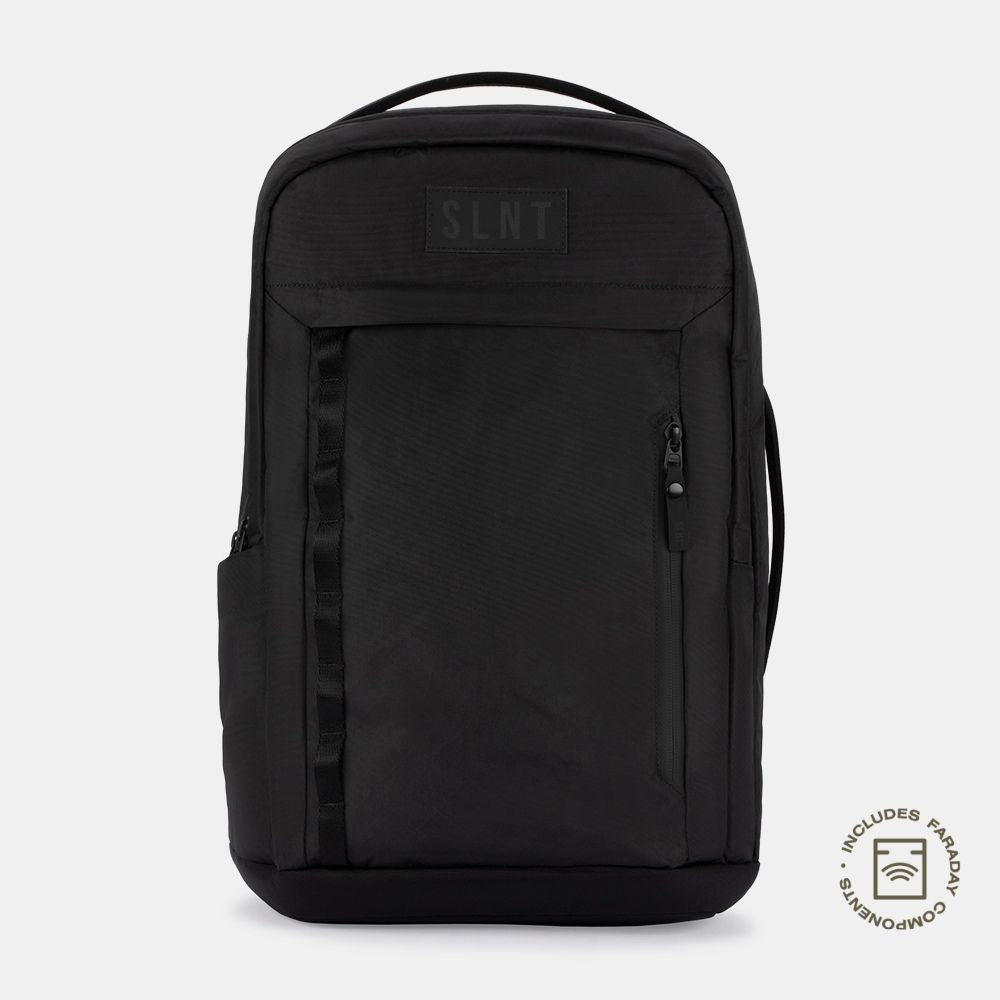Shop
Surveillance Capitalism: How Your Data Became Big Business
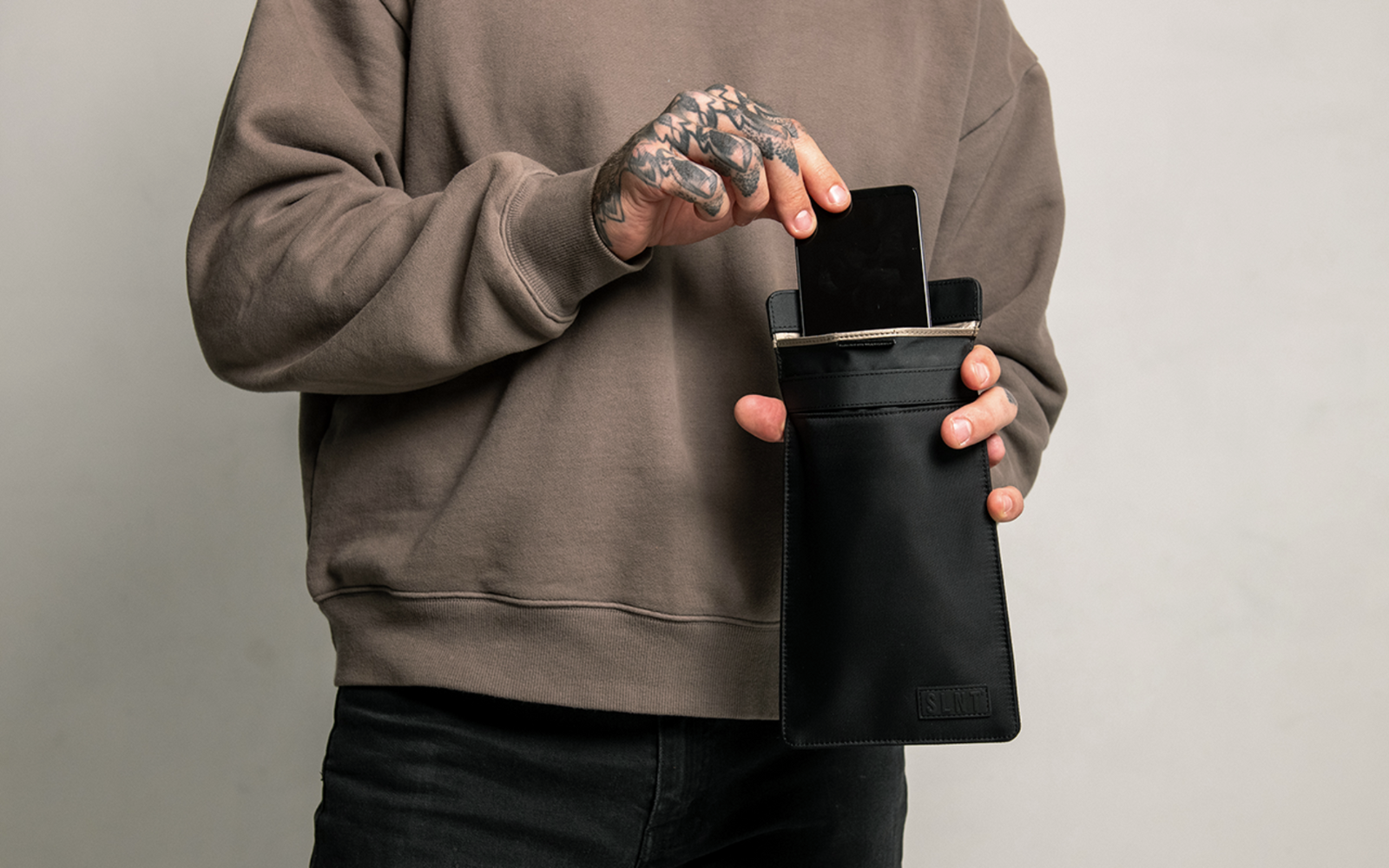
Imagine if every time you went for a walk, someone followed you with a clipboard, taking notes on where you went, what you looked at, who you talked to, and what you bought. Then they sold that information to strangers who used it to predict and influence your next move.
That’s not a dystopian thought experiment. That’s just… the internet.
Welcome to Surveillance Capitalism: a business model built not on selling products or services, but on watching you.
So What Is Surveillance Capitalism?
Surveillance capitalism is a term coined by Harvard professor Shoshana Zuboff to describe the way companies extract, analyze, and monetize your personal data. It’s the core business model behind many of the biggest tech platforms: Google, Facebook, Amazon, TikTok, and countless apps you’ve probably never heard of but use every day.
These companies don’t just collect the data you knowingly give them. They track your location, your scroll speed, your pause points, your heart rate, your voice tone, your web history, even metadata from messages you thought were private.
And the crazy part? A lot of this happens without you fully realizing it.

The Numbers Are Wild
Let’s break it down:
- In 2023, the global digital advertising market hit nearly $680 billion, and it’s projected to cross $870 billion by 2026. That money doesn’t come from traditional ad sales, it comes from selling access to you.
- The average smartphone has 60–90 apps installed, and studies show over 50% of popular apps share data with third parties.
- Google processes over 8.5 billion searches a day. Every search adds to your behavioral profile.
- Facebook is believed to hold over 2,000 data points on every user.
- By 2030, the world is expected to generate 463 exabytes of data per day, that's 463 billion gigabytes.
This is industrial-scale surveillance. And it powers an economy built on prediction: the better these companies can predict your behavior, the more money they make.
You’re Not the Customer. You’re the Product.
Ever wonder how Instagram always seems to know what you’re into before you do? Or why you get ads for things you only thought about? That’s not a coincidence. That’s the algorithm doing its job.
You're not just being sold to. You're being sold.
Your digital life, your habits, routines, preferences, moods, fears, is being packaged into a behavioral profile, auctioned off to advertisers, political campaigns, insurers, and who knows who else.
It’s not just about ads anymore. It’s about control. And convenience is the bait.
Consent? Kinda.
Most apps and websites ask you to “accept cookies” or “agree to terms” before using them. But who’s reading 50 pages of legalese just to check the weather?
This isn’t meaningful consent. It’s checkbox consent. It’s fatigue wrapped in a user interface. And that’s by design. Companies know we’ll tap “Allow” just to move on. They rely on us being overwhelmed, distracted, or just too tired to care.
Why Should You Care?
Maybe you think: So what? I’ve got nothing to hide.
But privacy isn’t just about hiding, it’s about agency. It’s about the right to move through the world without being tracked, shaped, or sold.
Surveillance capitalism isn't just a tech issue, it's a societal one. It affects how we shop, vote, learn, connect, and think. It shapes public discourse, reinforces biases, and can even manipulate your sense of self.
And once the data’s out there, you don’t get it back.
The Bottom Line
We live in an economy where the most valuable resource isn’t oil or gold, it’s you. Your time, your attention, your behavior. The more predictable you are, the more profitable you become.
But here’s the good news: the more we understand how the system works, the more power we have to push back.
You don’t have to go off-grid or throw your phone in a lake (unless you're really into that). But you can make small changes that reduce your digital footprint. You can question who’s collecting your data, and why.
Because the less data you create, the less power surveillance capitalism has over you.
A Simple Way to Push Back
If you're looking for a low-effort way to cut down on constant tracking, store your phone in a Faraday sleeve when not in use. It’s a simple pouch lined with signal-blocking material that stops your phone from connecting to Wi-Fi, Bluetooth, and cellular networks. No signal means no tracking, no pings, no passive data leaks, no background surveillance.
It won’t solve everything, but it’s an easy way to opt out.
Recent Articles
Newsletter
Join Our Community: Privacy, Security, Health Updates
FAQs: About Data Tracking and Digital Privacy
-
Surveillance capitalism is a business model where companies collect, analyze, and monetize your personal data to predict and influence your behavior. It was coined by Harvard professor Shoshana Zuboff and describes how tech giants like Google, Facebook, and Amazon profit from tracking your online and offline activities.
-
Major tech platforms like Google, Facebook, Amazon, and TikTok are primary examples, but thousands of apps, websites, and services participate in data collection and sharing networks. Even many apps you use daily but haven't heard of are likely collecting your data.
-
Far more than most people realize. Companies track your location, scroll speed, pause points, heart rate, voice tone, web browsing history, and even metadata from supposedly private messages. The average Facebook user has approximately 2,000 data points collected about them.
-
Yes, it's largely legal due to checkbox consent models where users agree to terms of service and privacy policies without reading them. Companies technically get your permission, but the system is designed to encourage quick agreement rather than informed consent.
-
Your data is used to create detailed behavioral profiles that predict your actions. These profiles are then sold to advertisers, political campaigns, insurance companies, and other third parties who want to target you with specific messages or offers.
-
Complete opt-out is extremely difficult in today's digital world, but you can take steps to reduce your digital footprint. Using privacy-focused browsers, VPNs, ad blockers, and limiting app permissions can help. Physical solutions like Faraday sleeves can prevent your devices from constantly connecting and sharing data.
-
Privacy isn't just about hiding activities; it's about personal agency and freedom from manipulation. Surveillance capitalism affects how you shop, vote, learn, and connect with others. It can reinforce biases, shape public discourse, and even influence your self-perception and decision-making.
-
Traditional advertising targets broad demographics based on the context of where ads appear. Surveillance capitalism creates individual behavioral profiles to predict and influence your specific actions, often using psychological vulnerabilities to maximize engagement and spending.
-
On iOS, check the App Privacy section in the App Store before downloading. On Android, review app permissions in your settings. Various privacy tools can also reveal trackers embedded in apps and websites. Generally, if a service is free, your data is likely the product being sold.
-
Store your phone in a Faraday sleeve when not in use. This blocks all signals (WiFi, Bluetooth, cellular) and prevents passive tracking. Other simple steps include regularly clearing cookies, using private browsing modes, and reviewing app permissions on your devices.
